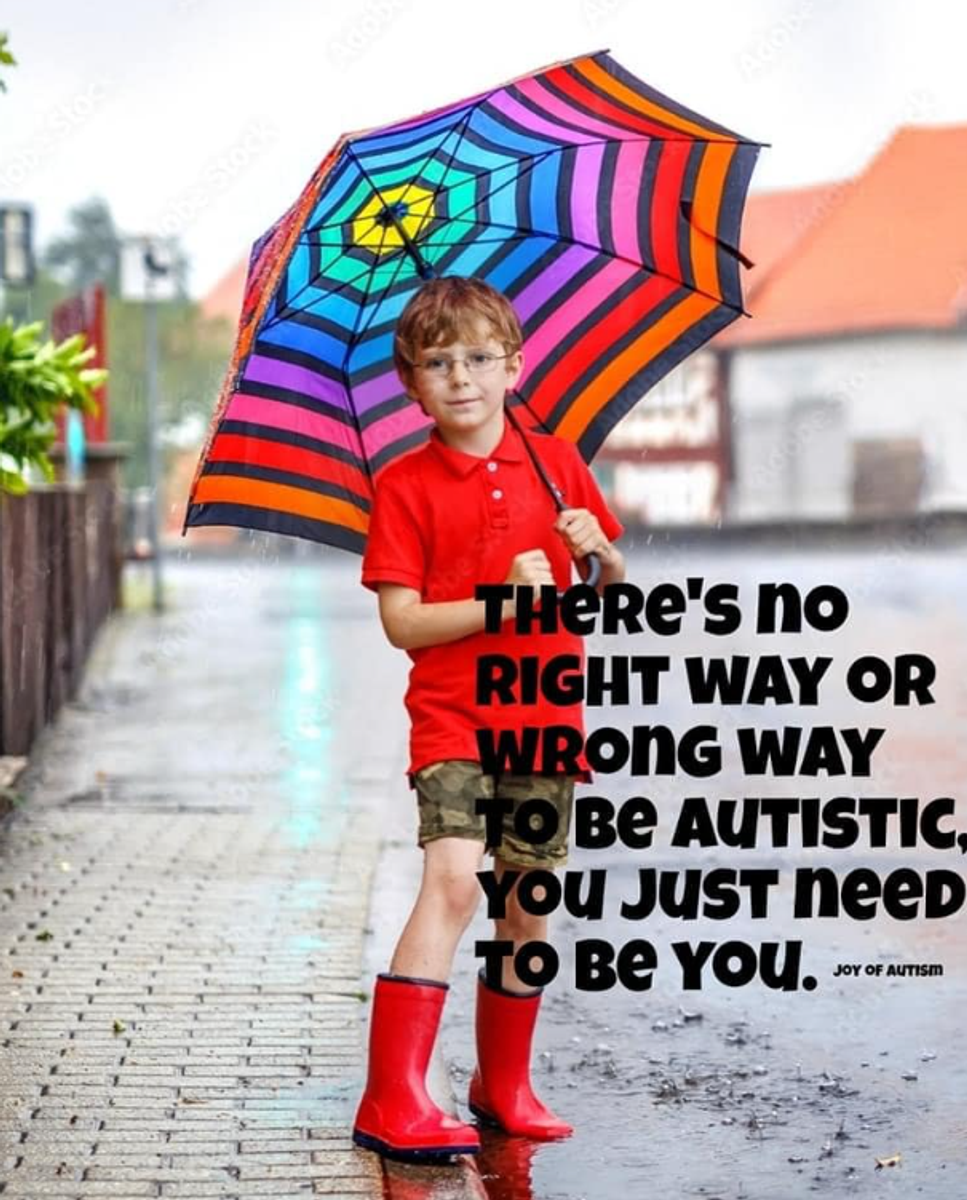From the Wellbeing Team
Masking and Autism

From the Wellbeing Team
Masking and Autism
What is masking?
Masking (also called ‘camouflaging’) describes different strategies autistic people use to hide their autistic traits during social interactions. Masking involves hiding one’s authentic self across multiple contexts for extended periods of time. Many autistic people mask at work, school, with their friends, and even at home.
Why do autistic people mask?
People on the autism spectrum represent a minority group who often face stigma and discrimination because of harmful stereotypes and misconceptions about autism. Autistic people whose differences are more obvious are more likely to experience bullying, victimization, stigma, discrimination, and social exclusion than non-autistic people. They mask to avoid these negative consequences, help them fit in with their peers, and access work and other opportunities they might otherwise miss out on.


Who masks?
Males are more likely to receive a diagnosis of autism in childhood than females, who tend to be diagnosed later in life. One reason for this is that females ‘fly under the radar’ and learn to mask their social difficulties, even at a young age, because they want to fit in with their peers. Research shows that while males and females report similar levels of camouflaging in adulthood, the motivations and consequences of masking may vary. Males tend to find masking easier and report fewer negative outcomes, whereas females are more likely to experience stress, anxiety, and depression.
What is the impact of masking?
Masking involves suppressing natural autistic behaviours and requires a lot of cognitive effort. Autistic people say it is mentally, emotionally, and physically exhausting. Not surprisingly, it can become exhausting over time and lead to negative consequences such as:


Alison Warner
Acting Assistant Principal - Learner Engagement and Wellbeing

